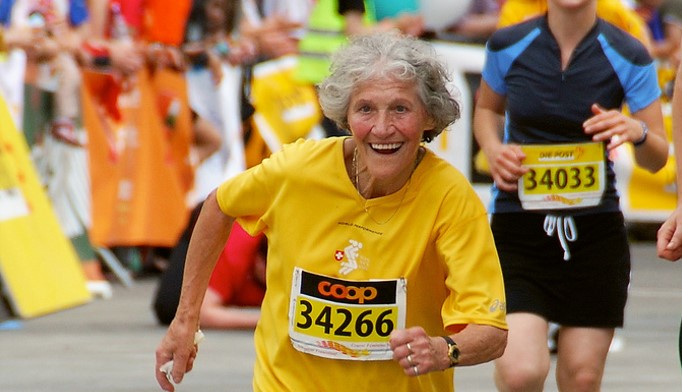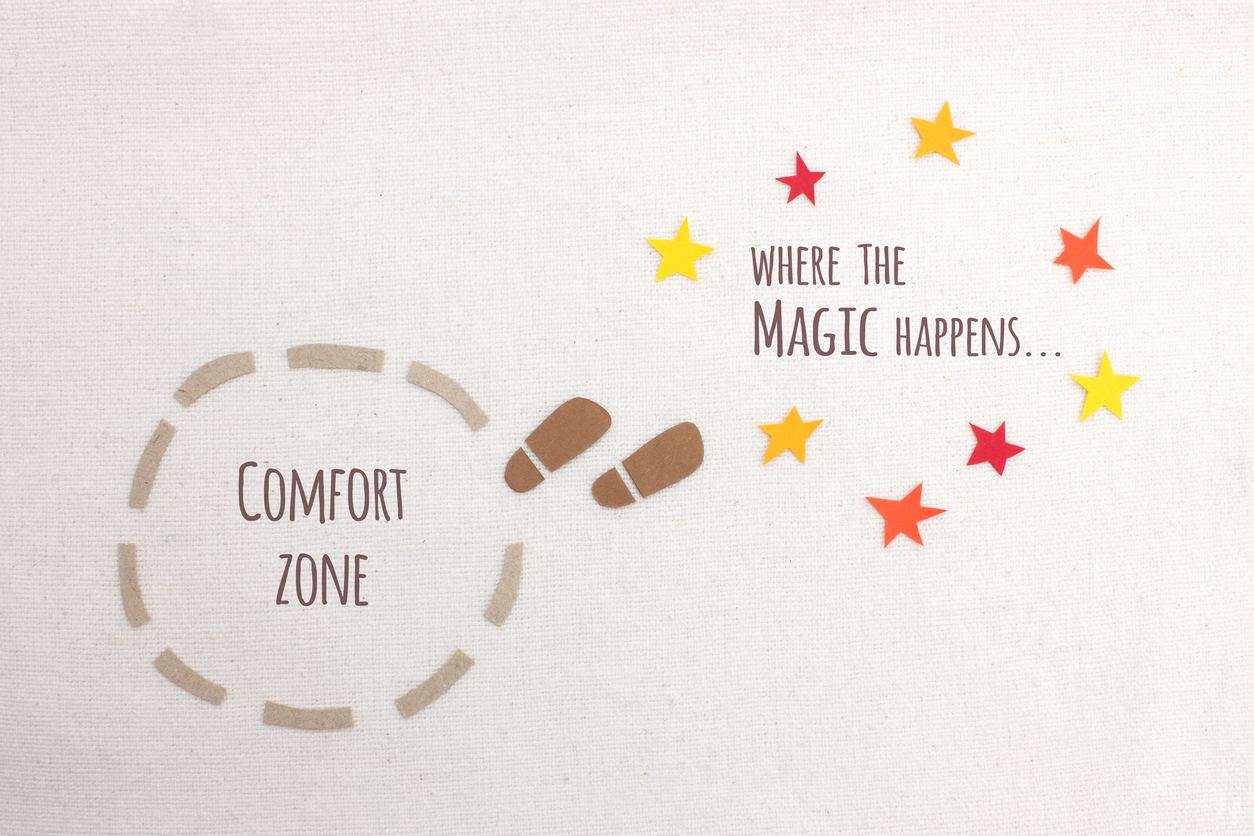One of the definitions of “strength” is “the capacity…to withstand great force or pressure.” To many this would mean building up your biceps and thigh muscles to be able to stand as an unmovable wall against any object or person that would physically come against you.
To me, it has a different meaning. As a child from an abusive family and choosing now to work with others with that background, it speaks to me in a different way. The “job” of a child is to play—to be able to explore and make mistakes and laugh and cry—and to feel safe because there is a “big person” looking out for them. If that “big person” is absent emotionally or physically, due to depression, addiction, their own unhealed childhood wounds, physical illness or other causes, that little child has to become its own parent.
As a “parentified child,” I unconsciously began to scan the environment for other people’s emotions. If my mom was “sad,” I tried to make her feel “happy.” If someone was angry, I tried to “disappear” until it was over. As a kiddo, I could not attend to or feel my own feelings, could not “just be a child” as I was so busy trying to make my parents feel “okay.”
As a result I was an excellent student, a “good girl,” and overachiever. I even won “Best Personality” of my graduating class! I wanted to make my parents so proud so they would feel “happy.” This was how I chose to survive and outwardly thrive in childhood. Other children often unconsciously choose the role of clown or rebel or bully because in their family this is what took the attention away from their parents’ unhappiness.
Looking back at things I chose to do to be in charge of my parents’ emotions, I no longer see them as weaknesses or faults. Those kiddos that come out of families that cause them to forego the freedom of childhood to become “adults” too soon are my heroes. This is where I see “strength.” Unknowingly, they were choosing to do whatever needed to be done to survive (and sometimes thrive) in their families. Often, these kids are labeled with “behavior problems,” but underneath I see a kiddo with a Divine spark, a life force within themselves, that has brought them to adulthood.
Another kind of “strength” and courage is required when we reach adulthood. The very behaviors we unconsciously chose in childhood for survival (our defense mechanisms) are usually the very characteristics that prevent us from having abundant, fulfilled relationships later on. It takes great courage to begin the inner journey of naming honestly these behaviors and looking at how they have affected our lives. For me, it has been a long journey to emerge from my role as “people pleaser” and to honestly begin to name and feel my own emotions, including the “negative” ones. Dare I say that I am still working on it in my seventh decade? It can often be my default mechanism in times of stress, and it is important that I “own it.”
In my therapy practice, after journeying with clients together thru tears and anger and laughter to a place of love and forgiveness for that scrappy little child that chose survival, I often have them engage in a ritual. I ask them to see themselves standing on a river bank thanking each of the pieces that helped them survive childhood. I then ask them to wave “good-bye” to the parts that no longer serve them and watch them float away. To me, this takes true inner “strength,” to allow themselves to step into the unknown of becoming a new person. They are my heroes.













